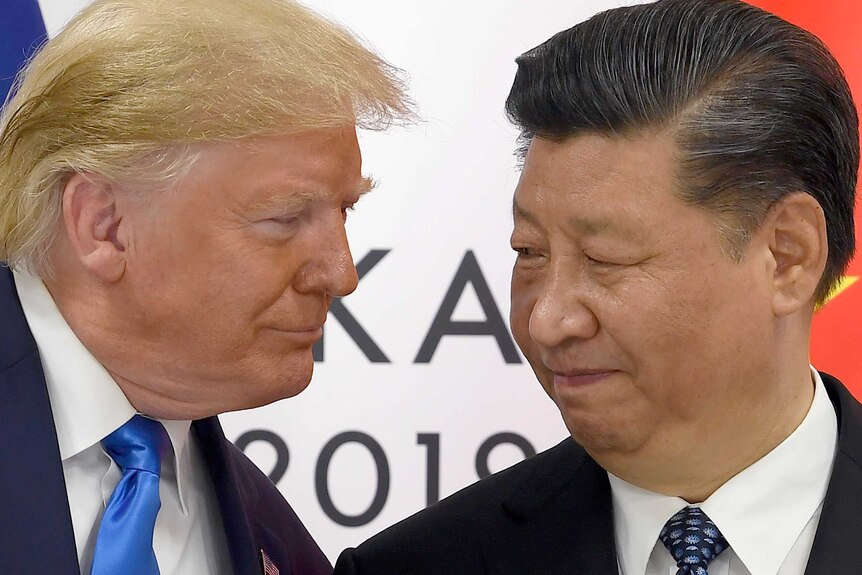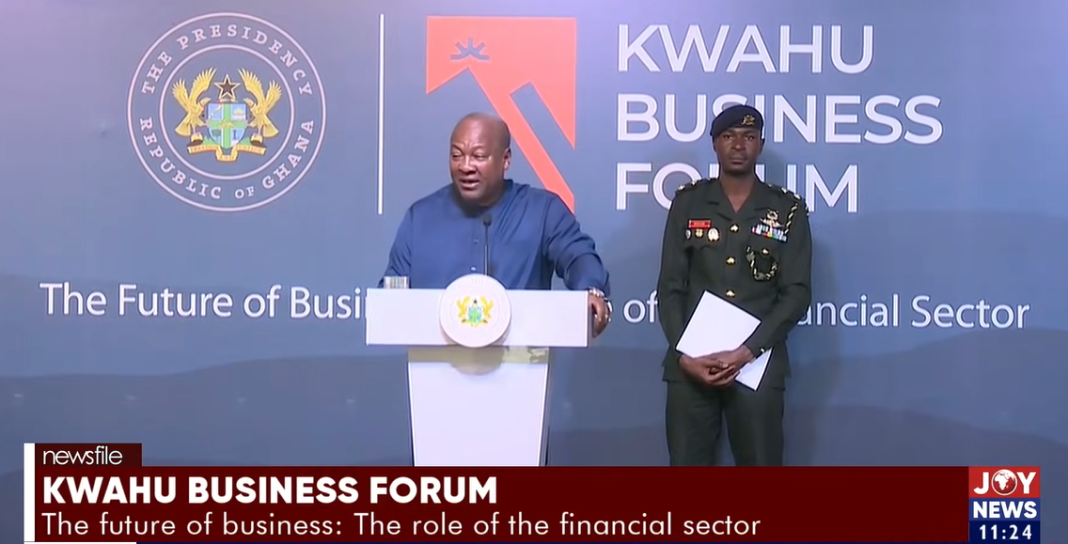US President Donald Trump's dramatic tariff hikes on China are poised to price many of its goods out of the American market and Australians could benefit. Huge flows of electronics, machinery, toys and other products once bound for the United States will need a new destination, economists say. It could be Australians who benefit from cheaper goods as trade barriers put American consumers beyond reach for Chinese exporters.
The tit-for-tat trade war continues to simmer, with on American imports from today. A tariff of 145 per cent is in place for Chinese imports into America. In his first public comments on US President Donald Trump's tariff policy, China's President Xi Jinping said yesterday that there were "no winners" in a trade war.

On Friday, US time, White House press secretary Karoline Leavitt said Mr Trump was "optimistic" a deal would be struck with China. "If China continues to retaliate, it's not good for China," Ms Leavitt said. Mr Trump this week announced a 90-day pause on "reciprocal" levies on all countries across the world except China.
However, a 10 per cent tariff on imports into the US remains in place. Australian consumers could benefit Independent economist Saul Eslake said Chinese manufacturers had two choices — to reduce the volume of goods produced or to seek new markets for their products outside of the US. Phones constructed in China for the US market could be exported to Australia instead, dropping prices for Australian customers.
He said Australian producers of beef, barley, seafood and wine faced the challenge of finding new markets when China introduced trade barriers in 2020. Mr Eslake said an increase in Chinese exports to Australia could have benefits. "That would be a good thing if, for example, the result was cheaper Chinese-made cars, cheaper Chinese-made mobile phones, toys, clothing, and any of the other sorts of things that we import from China," Mr Eslake told the ABC.
He said China's production of high-end electronics, cars and fashion items did not directly compete with Australian industry. "It's hard to think of any reason why the Australian government should stand in the way of efforts by China to sell these products to Australians at lower prices," he said. "It would result, all else being equal, in lower inflation, and that could in turn result, all else being equal, in lower interest rates than we would otherwise have.
"So you would, I think, be inclined to say, 'What's not to like about that?'" Opportunities and challenges for Australian industries Lisa Toohey, an expert in international trade law at the University of NSW, said how much Australians would pay for Chinese-made goods in the future would ultimately come down to American consumers. She said if they were not prepared to pay more for them, Australians would reap the benefits but it would be on a product-by-product basis. What is a tariff? Given the 125 per cent levy on US goods entering China, she said Australian goods were more competitive against American alternatives and that could open doors for local producers.
"The benefits that the United States got when Australia and China were not getting along so well, we might see again now with Australian products, they might be more in favour in China," Professor Toohey said. She said one possible growth market could be for soybeans. The US exports some $US12 billion ($19.
2 billion) worth of soybeans to China each year, but she said they were likely to now be priced out of the Chinese market because of the new import levy. While she said that some Chinese products could easily make their way to Australia, she said others, such as cars destined for the US, could not quickly be sold into the Australian market. "Safety requirements can be different, consumer preferences can also be different," she said.
"It's very hard for most industries to just turn around and reconfigure their trading relationships on short notice." Chinese-made cars will likely need to find new markets because of US tariffs. 'Uncertainty not good for investment' As China looks for new markets outside of the US, Mr Eslake said the Australian steel industry would keep a close eye on any increase in cheaper Chinese imports.
He said the industry might push for the federal government to protect it by imposing anti-dumping laws, which would prevent China from exporting cheap steel into the Australian market, making locally made products uncompetitive. Vladimir Tyazhelniko, a senior lecturer in economics at the University of Sydney, agreed, saying Chinese steel impacted the global market. Memes mocking the US President and his tariffs are going viral in China.
"If they export less steel to the US, it would depress world prices of steel and will make it more difficult for Australian-produced steel to compete," Dr Tyazhelniko said. Given the chaos of the past fortnight, he said it was incredibly difficult to predict the impact of the tariff trade war on Australia. "One thing we know for sure is that this uncertainty is not good for investment, not good for business or for trade," he said.
He warned that the tariff war could prompt a global downturn, which might decrease demand for key Australian exports into China, including coal and iron ore. The US tariffs have sent countries scrambling to manage an up-ended global trade environment. China signed two agricultural trade protocols with Spain covering pork and cherries this week, as it looked to mend its relationship with the European Union — the last major open market for its products.
Spanish Prime Minister Pedro Sanchez also met Chinese President Xi Jinping on Friday. This week, senior finance and central bank officials from China, Japan and South Korea met to discuss the impact of US tariffs. The Trump administration said this week more than 75 countries had made efforts to discuss the levies.
Vietnam, South Korea and Japan are set to be some of the first countries to meet with Mr Trump to negotiate the tariffs..
Health

'What's not to like': Australians could benefit from US-China tariff war
As the United States and China continue escalating the trade war, economists say Australian consumers and businesses could benefit from cheaper prices.















